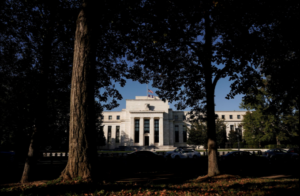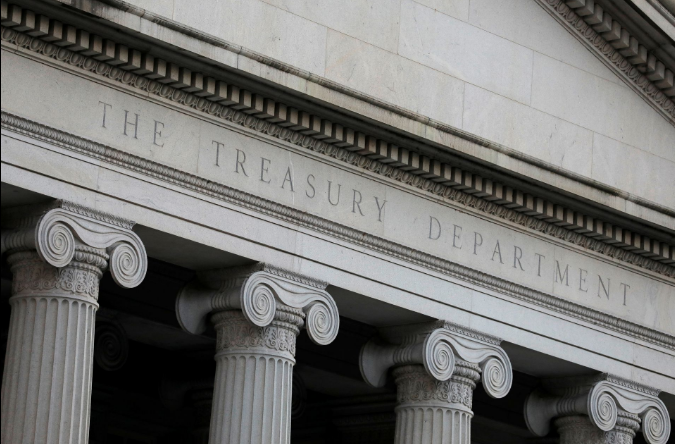 A U.S. Treasury Department-led regulatory body called on Monday for Congress to regulate issuers of “stablecoins” like banks and urged financial agencies to assess whether the role of these fast-growing digital assets in the country’s payments system posed a systemic risk.
A U.S. Treasury Department-led regulatory body called on Monday for Congress to regulate issuers of “stablecoins” like banks and urged financial agencies to assess whether the role of these fast-growing digital assets in the country’s payments system posed a systemic risk.
This is a report that the crypto enthusiast have been waiting on and hopefully this report brings out some regulatory clarification. But not only just for stablecoins, but policies and direction for the whole crypto ecosystem. The President’s Working Group (PWG) on Financial Markets will likely boost policymakers’ efforts to put guardrails around stablecoins. Stablecoins are cryptocurrencies where the price is designed to be pegged to a cryptocurrency, fiat money, or to exchange-traded commodities.
The market capitalization of stablecoins issued by the largest stablecoin issuers exceeded $127 billion as of October 2021. This amount reflects a nearly 500 percent increase over the preceding twelve months. The current market largely consists of a few large U.S. dollar-pegged stablecoins.
However, the primary risk of stablecoins is that they aren’t fully backed by the reserve currencies they say they are. In an ideal situation, the issuer of the stablecoin should have enough reserves of the currencies to fully support the stablecoin.
“The rapid growth of stablecoins increases the urgency of this work,” says the report, issued by the President’s Working Group, the Federal Deposit Insurance Corporation and the Office of the Comptroller of the Currency. The Working Group also was instructed to consult with representatives of the exchanges, clearing houses, self-regulatory bodies, and major market participants to determine private sector solutions wherever possible.
The report said Congress should also require stricter oversight of stablecoin wallet providers which hold the digital currency on behalf of customers. That conclusion is likely to disappoint advocates of stronger oversight, since it can take years for Congress to pass such laws.
“I’m very concerned that they conclude legislation is absolutely necessary to address stablecoins’ risks. The SEC and FDIC currently have regulatory authority to address many of the problematic aspects of these cryptocurrencies,” said Todd Phillips, director of financial regulation for the Center for American Progress, a liberal think tank.



